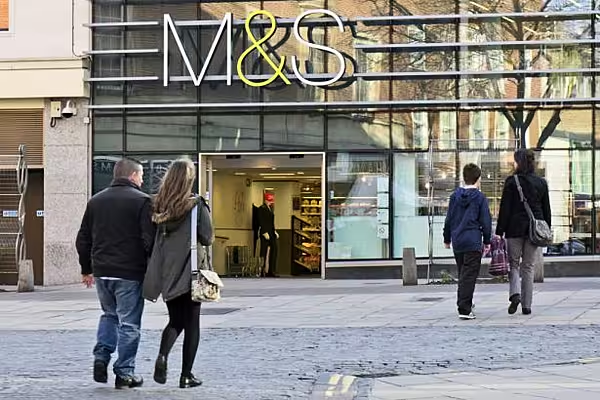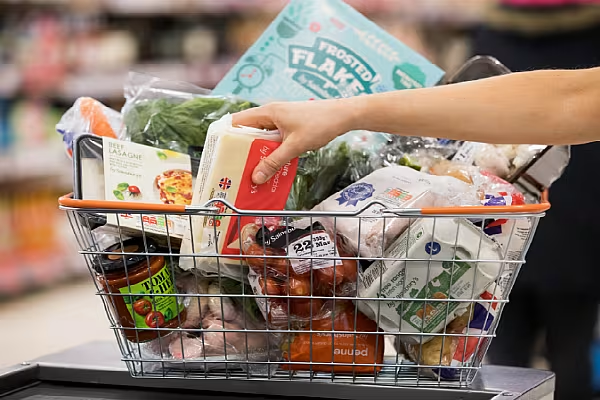Investors seeking to snap up bargains among slumping UK retail stocks had better beware that some discounts may be too good to be true.
Simon Murphy, a fund manager at Old Mutual Global Investors, says structural problems at several British retailers mean that although share prices have tumbled, they’re unlikely to recover.
Traditional brick-and-mortar retailers have too much store space and continue to lose business to online competitors, he said.
“I’m nervous that even if the consumer environment improves, some of those legacy retailers will end up proving to be classic value traps,” said Murphy, who manages Old Mutual’s UK Equity Fund and UK Opportunities Fund. “They look cheap but they just stay cheap because the earnings never grow and in fact they just decline, and the business just stays under pressure.”
The London-based investor is cautious on Debenhams, Dixons Carphone and Marks & Spencer. His funds own Tesco, Booker and Pets at Home.
Falling Shares
The FTSE 350 General Retailers Index has fallen 8.8% since the UK voted to leave the European Union in June 2016.
Dixons Carphone has dropped 52% during that period while Marks & Spencer has slipped 17%. Credit Suisse analyst Pradeep Pratti said M&S increasingly looks like “a value trap,” and the shares have further to fall, according to a January 24 note that downgraded the stock to underperform.
Bearish investors also are making bets against Debenhams, which said January 4 that year-end sales declined and full-year profit will be below analyst expectations. It’s the most-shorted stock in the FTSE All-Share Index, according to IHS Markit data. About 24% of the shares were sold short as of January 23, the data show.
Brexit uncertainty probably will prompt Britons to save rather than spend, and purchasing power is under pressure from stagnant wage growth, according to Murphy.
That view is echoed by Mark Phelps, chief investment officer of global concentrated equities at AllianceBernstein in London. UK shoppers probably won’t be making too many big purchases due to job uncertainty in a post-Brexit world, he said.
‘Pretty Cautious’
“We’ve been pretty cautious on the UK consumer for a long time,” said Phelps, who sees food retail stocks continuing to outperform non-food high street retailers this year.
“There’s nothing I can see new coming along at this moment that makes me say ‘a-ha!’ That’s the change to everything. I just don’t see that.”
The only UK retailer that Phelps owns in the AB Concentrated International Growth fund is B&M European Value Retail, the budget homewares seller. He previously held Asos and hasn’t owned a UK grocery stock since Tesco before the global financial crisis.
To be sure, not everyone sees consumer spending slowing this year, particularly if salaries rise.
“If you get some recovery in real wages then I think you’ll get some pent-up demand for discretionary purchases,” said Daniel Morris, senior investment strategist at BNP Paribas Asset Management in London. While the pressures facing these retailers “makes sense now, by the end of the year it could’ve turned around.”
News by Bloomberg, edited by ESM. Click subscribe to sign up to ESM: The European Supermarket Magazine.














